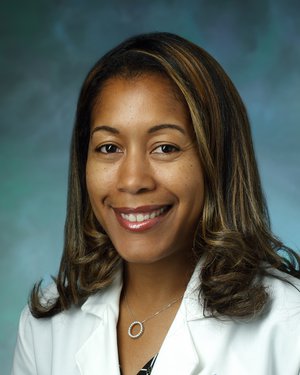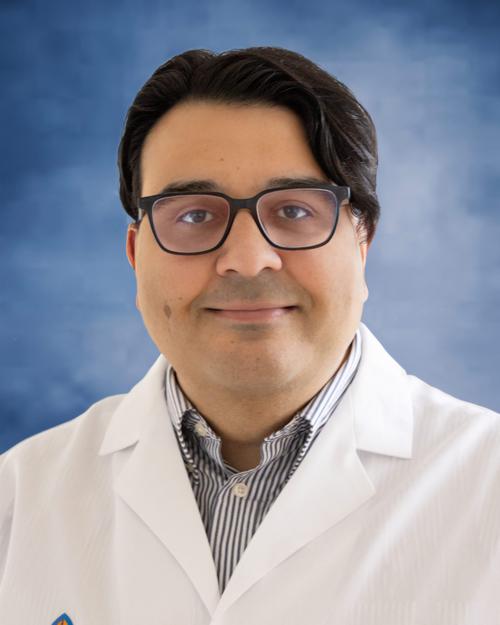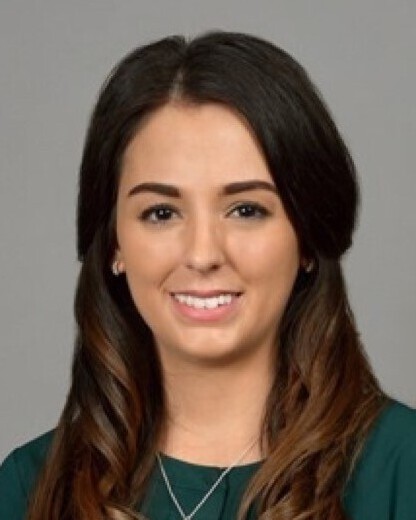-
Erica Martin Richards, MD PhD

- Chair and Medical Director, Department of Psychiatry and Behavioral Health, Sibley Memorial Hospital
Expertise: Psychiatry
-
Rushi Hasmukh Vyas, MD

Expertise: Addiction Psychiatry
Primary Location: Sibley Memorial Hospital, Washington, DC
Transcranial Magnetic Stimulation (TMS and dTMS) Services
Overview
Depression is a serious medical illness affecting more than 14 million American adults every year, which is typically treated with antidepressant medications. Although antidepressants can be effective for many patients, some people do not receive adequate benefit from antidepressants and/or cannot tolerate their side effects. For these patients, TMS therapy offers an alternate treatment method for depression, first approved by the U.S. Food and Drug Administration in 2008.
TMS has been clinically proven for the treatment of major depression in adults who have failed to achieve satisfactory improvement from prior antidepressant medication.
At Sibley, we have recently switched to a next-generation TMS system, known as deep TMS (or dTMS), which provides TMS treatment in half the time of the previous system.
What to Expect
For TMS Treatment
TMS therapy is a short outpatient procedure that uses short pulses of magnetic fields to stimulate nerve cells within the area of the brain thought to control mood. TMS therapy is performed at Sibley under supervision while the patient remains awake and alert.
The treating clinician positions a treatment coil over the left prefrontal cortex, the part of the brain involved with mood regulation. Through the treatment coil, the TMS therapy system generates highly concentrated magnetic fields that turn on and off rapidly. These magnetic fields are the same type and strength as those produced by a magnetic resonance imaging (MRI) machine. When these pulses are administered in rapid succession, they can produce longer-lasting changes in brain activity.
For dTMS Treatment
As of September 2014, Sibley has begun providing treatment via a new type of TMS technology, called deep TMS, or dTMS. This system has recently been approved by the FDA for clinical use with patients and requires shorter and less frequent treatment sessions than earlier forms of TMS. dTMS sessions last 20 minutes and are given daily over four to five weeks.
To be evaluated for outpatient dTMS treatment or to learn more please contact Agnes Bradley-Wright, by email at abradle8@jhmi.edu or call 202-660-6702.
Are TMS or dTMS Appropriate for Me?
TMS has been shown to be a safe and well-tolerated procedure that can be an effective treatment for patients with depression who have not benefited from antidepressant medications or cannot tolerate antidepressant medications due to side effects.
dTMS therapy is not appropriate for all patients. Before scheduling you for treatment, you must first be evaluated by one of our TMS psychiatrists to determine if dTMS would be safe and appropriate for you.
For More Information
To be evaluated for outpatient dTMS treatment or to learn more, please contact Agnes Bradley-Wright, TMS coordinator, at abradle8@jhmi.edu or 202-660-6702.


